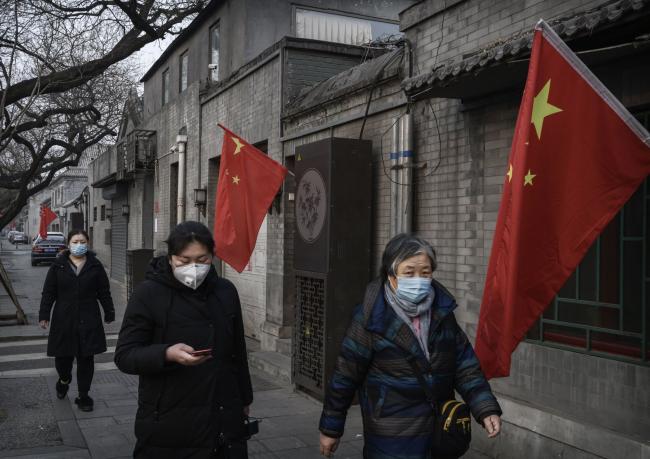(Bloomberg) -- Rising food costs in China have added to the country’s growing list of concerns as authorities struggle to contain the impact of a rapidly spreading viral outbreak.
The China Shouguang vegetable price index, a daily indicator of the nation’s produce, surged 4.9% to its highest level in almost four years at 195.45, Xinhua News Agency reported.
The surge in vegetable costs is another strain on household budgets already stretched by elevated pork prices from swine fever. Adding to inflation pressures, consumers and businesses alike may seek to hoard essential items in response to efforts to contain the virus, said Sean Darby, global equity strategist with Jefferies Financial Group Inc.
“The shock of supply chains being disrupted will probably lead to households and businesses ‘overstocking’ in anticipation of further transport restrictions,” Darby said in a note to clients. “This can cause a ‘run’ on essential items as well as critical parts and components -- potentially leading to a spike in inflation.”
For the People’s Bank of China, which like most central banks would be expected to look through any temporary supply-driven price shock, a prolonged increase in the inflation rate would complicate efforts to cushion the blow to the economy. The central bank said Tuesday it will conduct operations “to provide abundant liquidity in a timely manner to maintain reasonable and sufficient liquidity in the banking system.”
The overall consumer price index rose 4.5% in December from a year earlier, matching November’s rate. The producer price index declined 0.5% from a year earlier, versus a 1.4% drop in November.
China’s economy had shown signs of recovery in recent months as global demand steadied and trade tensions eased. Now, economists are having to reassess their forecasts for 2020 as the number of confirmed virus cases soars and efforts to stop the disease’s spread hurts consumption, interrupts supply chains and stalls production.
